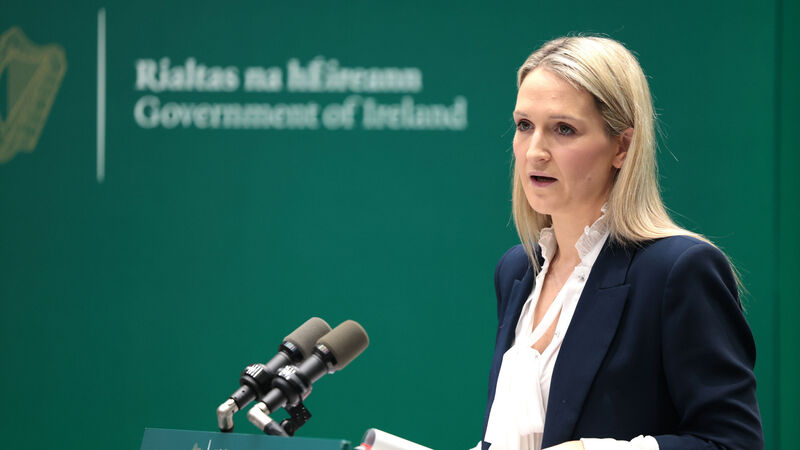Migration pact will see undocumented persons housed in designated facilities

Justice Minister Helen McEntee said that while 'no country in the EU wants to deny refuge to those who are fleeing persecution, neither do we want our asylum process to be used as a backdoor to economic migration'. Picture: Leah Farrell/RollingNews.ie
Those who enter Ireland with no documents will be housed in designated facilities and have their applications dealt with in a matter of weeks under a new EU migration plan.
Justice Minister Helen McEntee secured Cabinet clearance to seek the necessary approvals from the Houses of the Oireachtas to opt-in to measures in the EU Asylum and Migration Pact.










